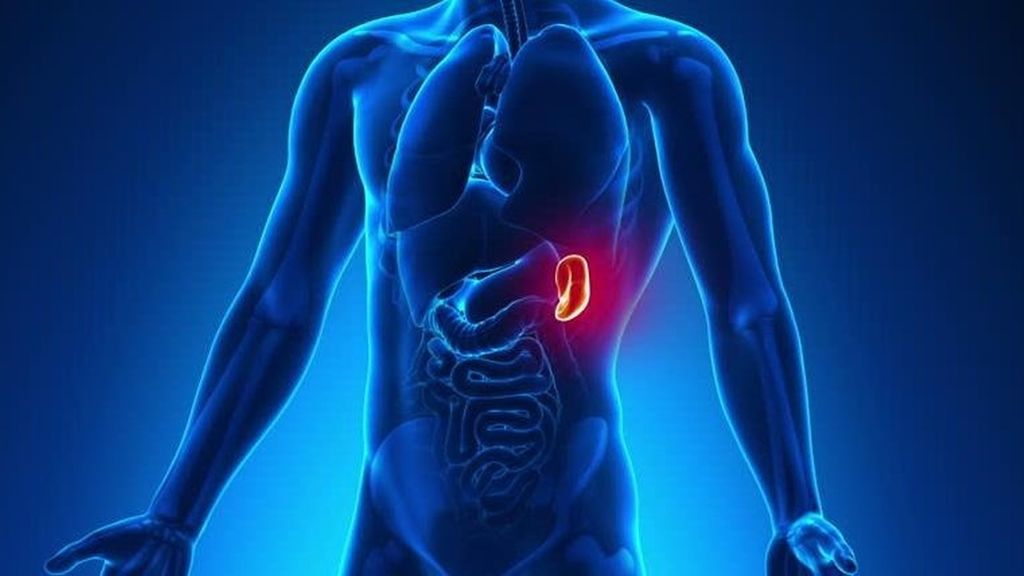The spleen is an organ located just below the ribcage on the left side of the abdomen. It plays several crucial roles in the immune system, blood filtration, and platelet storage. While the spleen is essential, it is possible to live without it. In this article, we’ll explore can you live without a spleen, reasons for its removal, and what living without a spleen means for your health.
The Function of the Spleen:
The spleen performs several vital functions in the body, including:
Blood Filtration: The spleen filters blood to remove damaged red blood cells, foreign particles, and bacteria. This process helps maintain healthy blood composition.
Immune Response: The spleen contains white blood cells (lymphocytes) that help fight infections. It plays a crucial role in the body’s immune response, particularly against certain bacterial infections.
Platelet Storage: The spleen stores a significant number of platelets, which are essential for blood clotting. It releases platelets into the bloodstream when needed to control bleeding.
Red Blood Cell Storage: In times of increased demand, such as during physical activity or illness, the spleen releases stored red blood cells to maintain oxygen levels in the body.
Reasons for Spleen Removal (Splenectomy):
A splenectomy is the surgical removal of the spleen. It may be performed for various medical reasons, including:
Trauma: Severe injury or trauma to the spleen can rupture it, leading to significant bleeding. In such cases, emergency splenectomy may be necessary to control bleeding and save the patient’s life.
Blood Disorders: Certain blood disorders, such as hereditary spherocytosis, thalassemia, or autoimmune hemolytic anemia, can lead to an enlarged or overactive spleen. A splenectomy may be recommended to manage these conditions.
Cancers: In some cases, cancers of the spleen, such as splenic lymphoma or splenic cysts, may require the removal of the organ.
Infections: Rarely, severe or recurrent infections like overwhelming post-splenectomy infection (OPSI) can necessitate a splenectomy. OPSI is a life-threatening condition that occurs in some individuals after spleen removal.
Living Without a Spleen: Health Considerations:
While it is possible to live without a spleen, its absence can have some important health implications:
Increased Susceptibility to Infections: Without a spleen, individuals are more susceptible to certain bacterial infections, particularly those caused by encapsulated bacteria like Streptococcus pneumoniae, Haemophilus influenzae, and Neisseria meningitidis. Vaccination against these bacteria is often recommended for people without a spleen.
Immunizations: It is crucial for individuals without a spleen to stay up-to-date with recommended vaccinations, including pneumococcal, meningococcal, and Haemophilus influenzae type b vaccines. These vaccinations help reduce the risk of serious infections.
Antibiotics: In some cases, healthcare providers may prescribe antibiotics, such as penicillin, to be taken daily or during illness to prevent bacterial infections.
Education and Awareness: People without a spleen should be educated about the signs and symptoms of infections and seek prompt medical attention if they suspect an infection. Early diagnosis and treatment are essential.
Travel Precautions: Travel to regions with a higher risk of certain infections may require additional precautions and vaccinations. Consult with a healthcare provider before traveling to assess specific risks and recommendations.
Lifestyle Adjustments: While most people can lead a normal, healthy life without a spleen, some lifestyle adjustments may be necessary to reduce the risk of infections. These may include avoiding close contact with individuals who are sick and practicing good hand hygiene.
Conclusion:
Living without a spleen is possible, but it requires careful management of health and awareness of the increased risk of certain infections. If you have had a splenectomy or are considering one, it’s essential to work closely with a healthcare provider to ensure appropriate vaccinations, preventive measures, and timely medical care. With proper precautions and medical guidance, individuals can lead fulfilling lives without their spleen.


